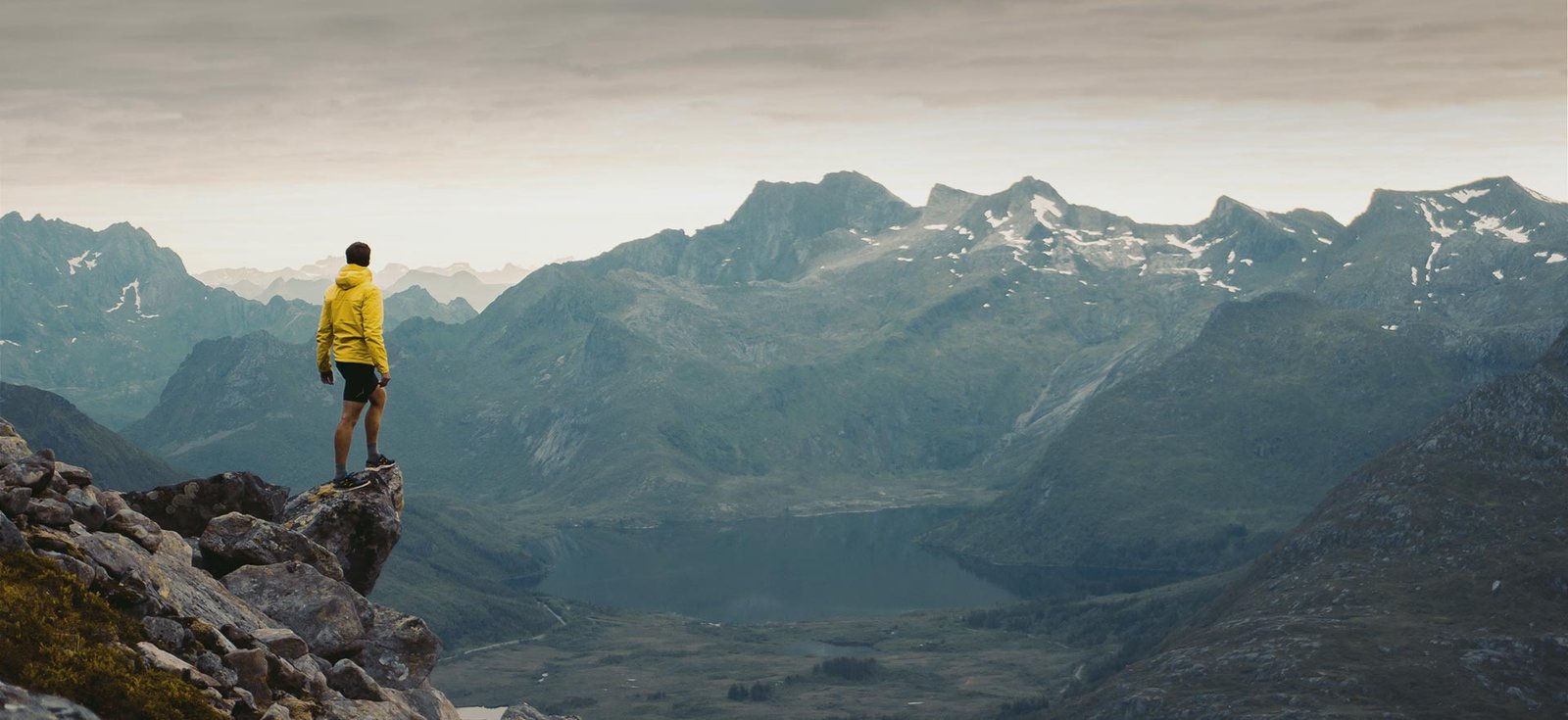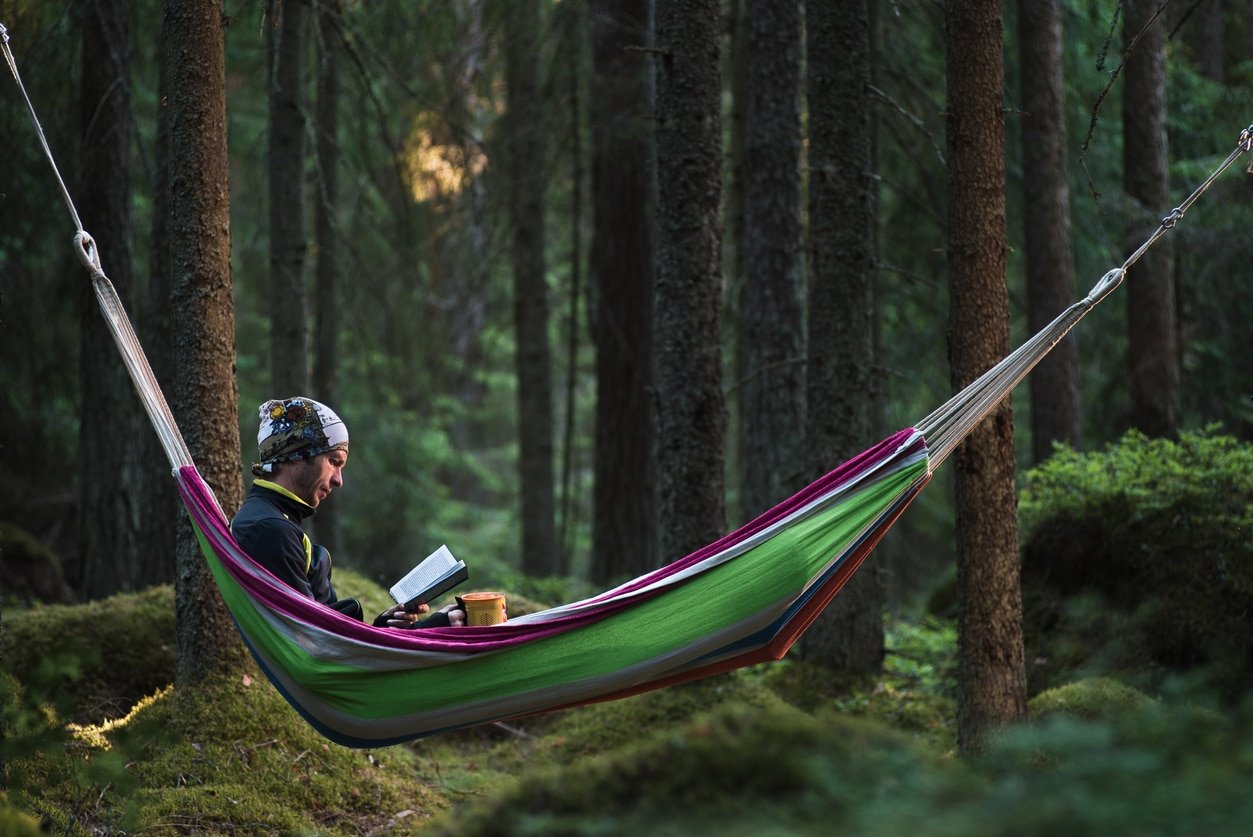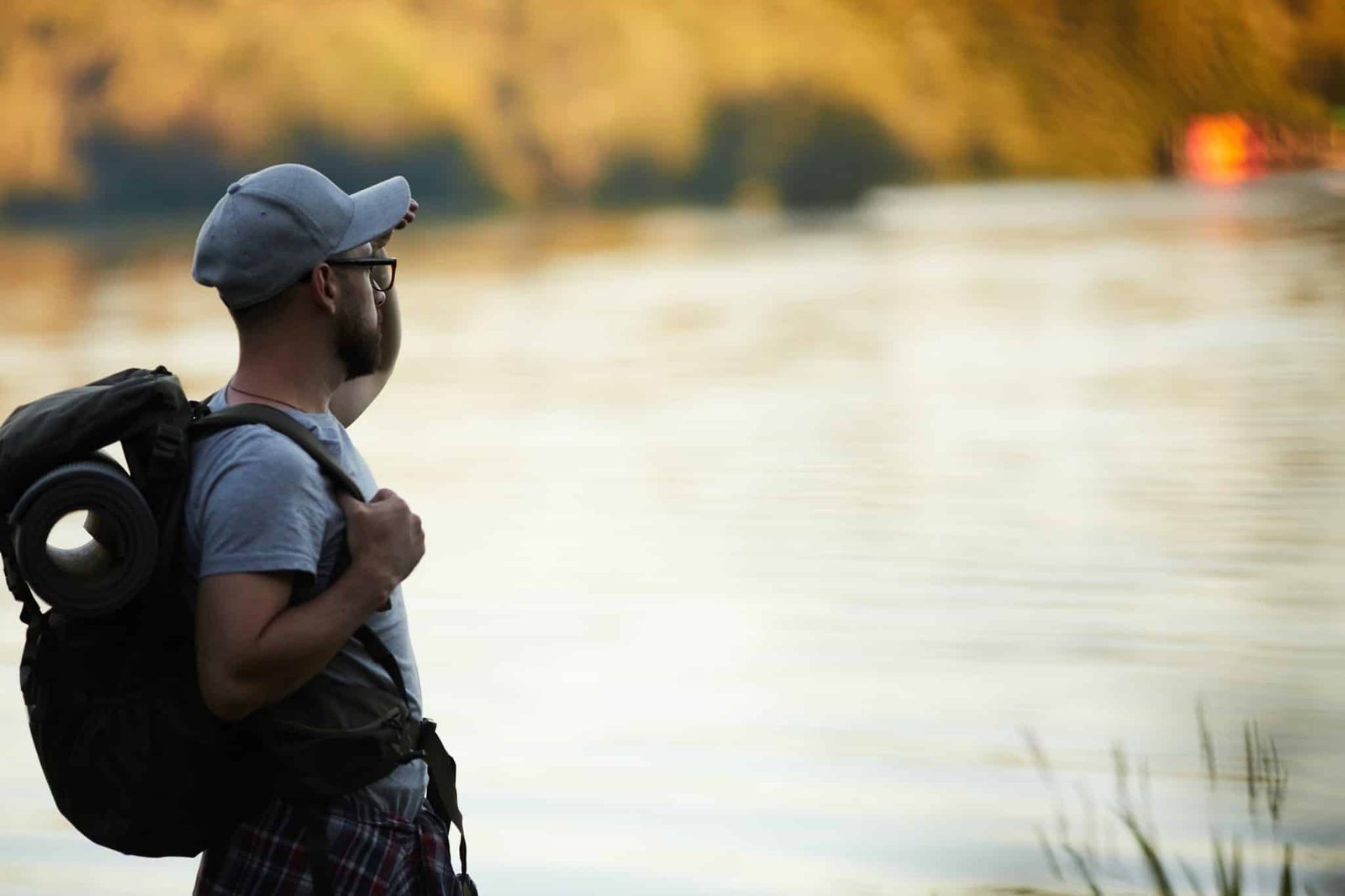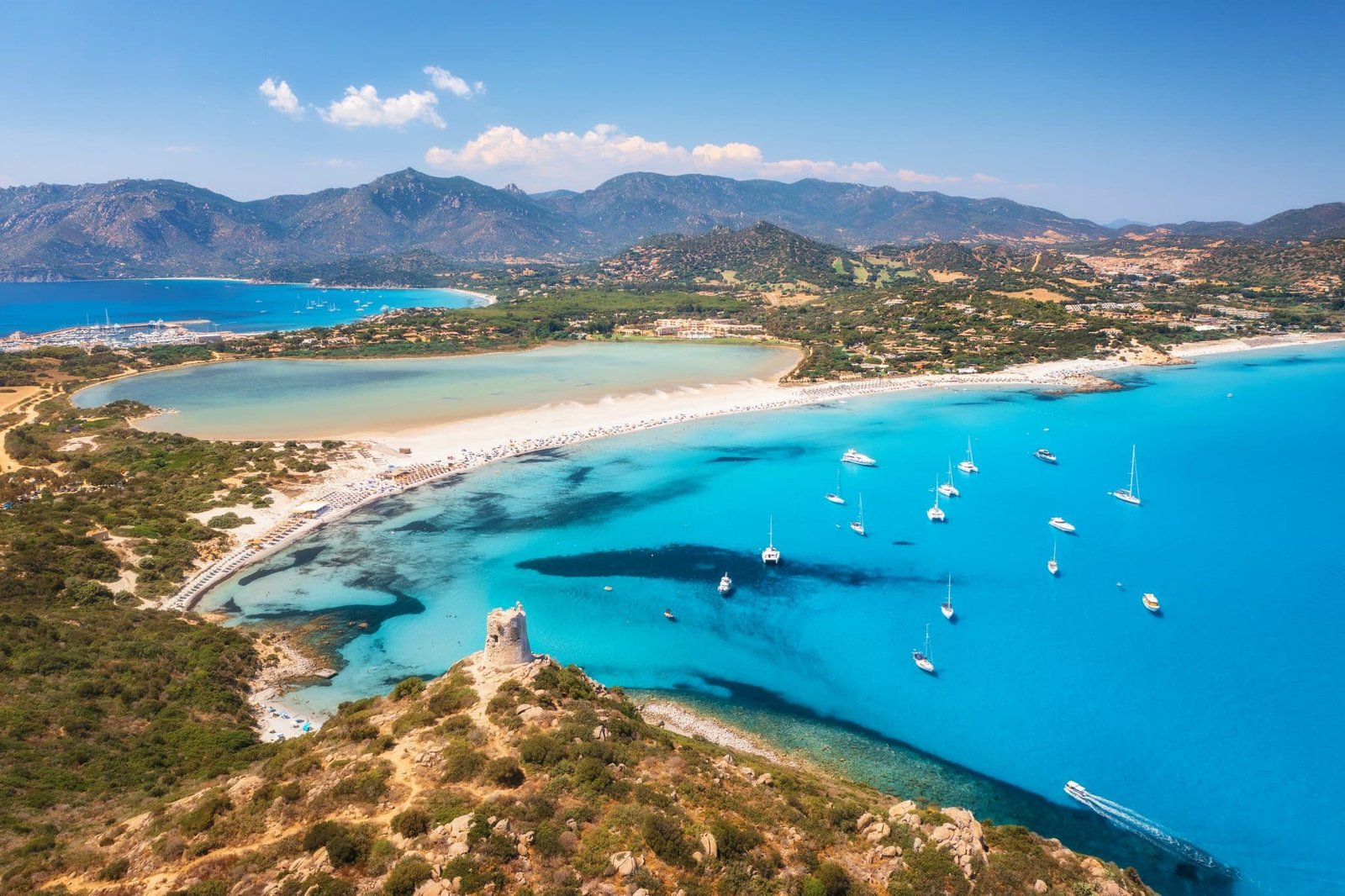Wild Camping In France: Is It legal, The Exceptions, Campfires & More!
|
Prefer listening over reading? We got you covered!
Getting your Trinity Audio player ready...
|
It’s an iconic country with a stunning coastline, dramatic mountain ranges, and quaint villages, so it’s no surprise that the idea of wild camping in France is popular with outdoor enthusiasts from across Europe.
But can you wild camp in France? Unfortunately, it’s not legal to wild camp in France. However there are exceptions to note, and in some places wild camping is tolerated despite it officially not being allowed.
We explain all of that next, as well as give you some tips to be a considerate camper.
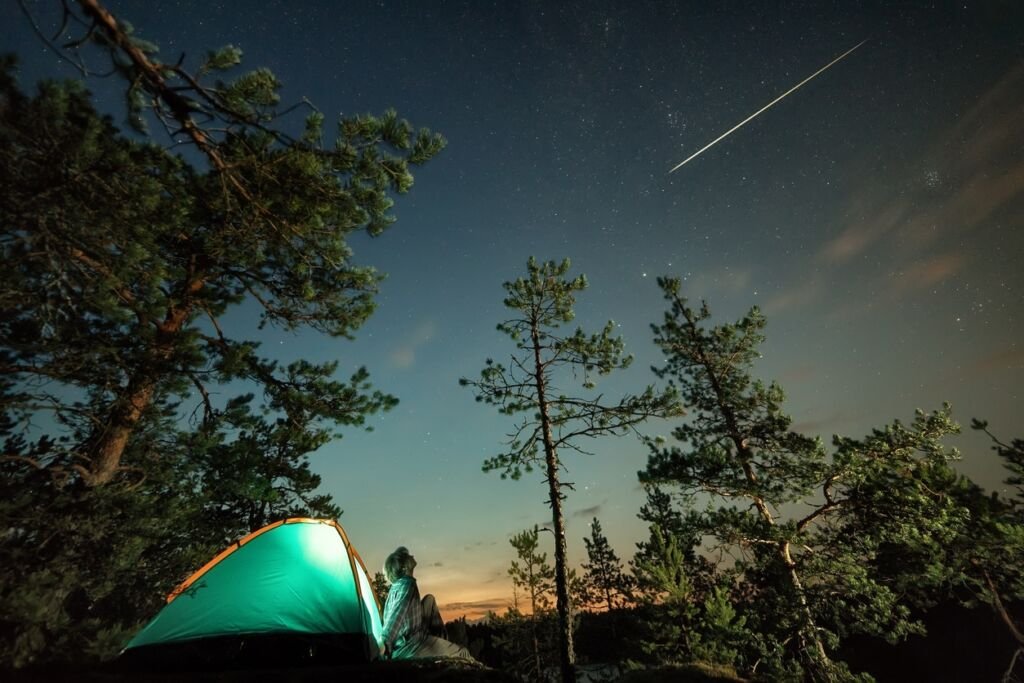
Wild Camping In France: The Rules & Exceptions
Whilst wild camping – also known as free camping – in France is not allowed, one exception is that you are allowed to pitch your tent or park your motorhome if you have the permission of the landowner or tenant of the land where you wish to camp. That’s set out in Article R111-33 of French town and country planning law.
However it is forbidden to free camp in France at the following places, even if you have the permission of the landowner:
- On roads and public roads
- On classified natural sites, or ones pending classification
- At classified heritage sites
- Near historical monuments
- On the shores of the sea – so wild camping on French beaches is not allowed
- Less than 200 m from water points used for consumption
Another exception regards hiking routes. According to the French government: “On certain hiking routes or in certain municipalities, free camping areas are provided. Out of respect for the environment, do not pitch your tents outside these pitches.”
Because wild camping in France – either in a tent or motorhome – is popular, some towns have set up free or very cheap places for RVs and tents to stay for the night. Therefore look online at a town or local municipality’s website to see if these exist where you are planning to visit. (Recommended: Common & Dangerous Spiders in France).
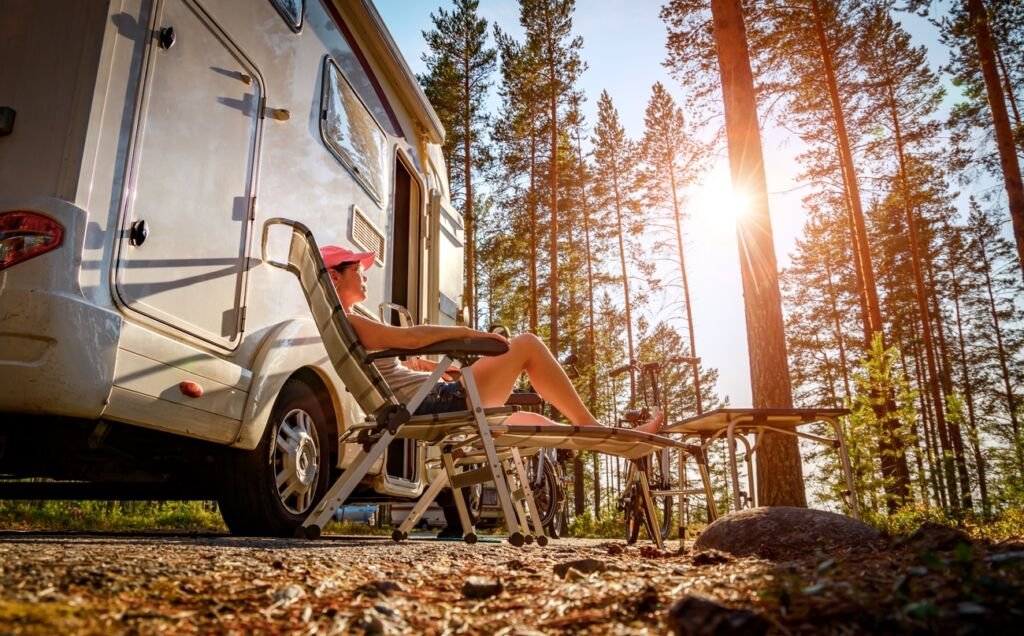
Wild Camping In France: National Parks
Finally, in some French national parks bivouacking is permitted. If it is, it will usually be written at the entrance of the park. If not, then ask the permission of the park authorities.
A bivouac is when you sleep as close to nature as you can. You are bivouacking if you:
- Use ‘light’ camping gear, like tarps, hammocks, or are just sleeping under the stars
- If you pitch your gear at sundown at the earliest, and remove it by sunrise at the latest
- If you camp in the same place for just one night
There can be severe fines for free camping in national parks in France without permission. Even if you do have permission, you can still be fined hundreds of euros if you leave waste, damage the environment, or are an irresponsible camper.
You can see what issues you could be fined for here.
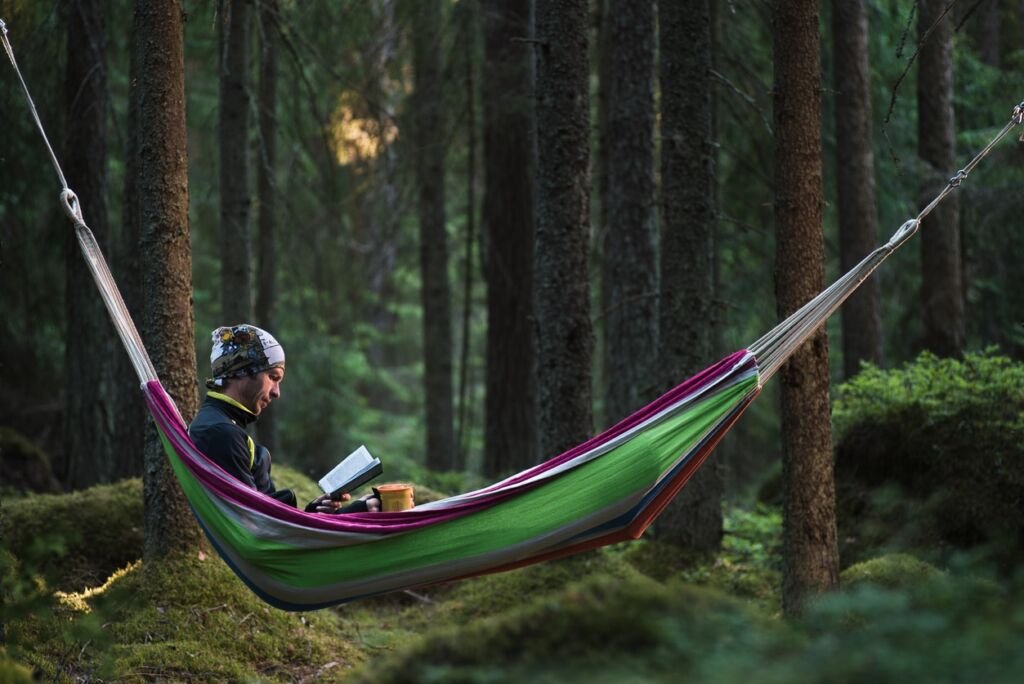
Wild Camping In France: Camping Without Permission
The fact remains that people do free camp in France even when they don’t have permission.
We have also found that if you’re hiking or walking a trail – like in the Pyrenees mountains – then wild camping in France is sometimes tolerated. (Related: Camping in the Pyrenees)
That’s because hikes and walks can take more than a day to complete and so walkers will need a place to sleep overnight. However as a matter of courtesy you should make sure you choose to camp in a place that won’t be in any other hiker’s or walker’s way, and pitch your tent at dusk and take it down at dawn.
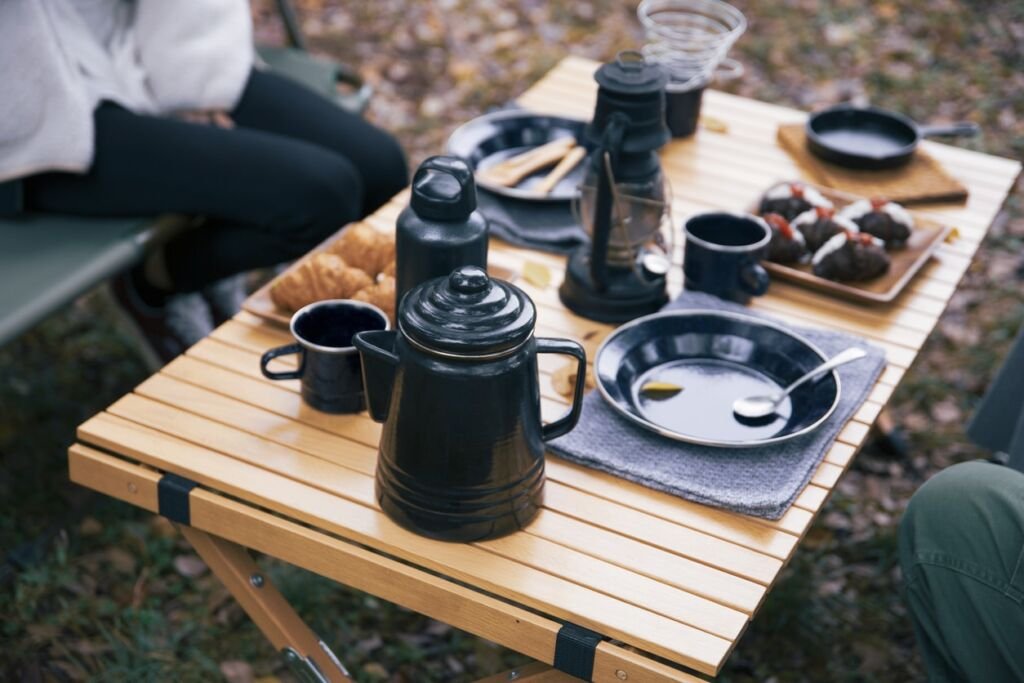
If you are planning to go wild camping in France – and can’t be swayed to stay in a campsite instead – we’ve compiled the following guidelines to help you camp in a considerate manner:
- In general, campfires are not allowed in France so never make a campfire when wild camping.
- You should camp in the same place for one night only, and pitch your tent discretely and in a remote place which will not be easily seen. Therefore don’t camp in or near settlements, someone’s farm or on cultivated land. If you think you’re on private land, always try and seek out the landowner and ask permission. They may request a small fee.
- Campers should set up their tent at dusk, and take it down at dawn. A tent that is discreet, blends in with the landscape, and pitches quickly is best. Therefore a lightweight walking tent like this one would be a great investment for someone planning to go wild camping in France.
- Respect the leave no trace policy and take any rubbish with you. Leave your camping spot exactly the way you found it.
- If you need to go to the toilet then do so at least 30-50 meters away from water sources, such as rivers. Make sure to use a trowel (like this folding one) to bury any human waste at least six inches under ground. Take any tissue paper with you – use a ziplock bag to store it and dispose of it in the nearest bin.
- Remember to always have plenty of water on you when you’re walking and camping. A space-saving collapsible water bottle would be a good purchase.
Recommended For Wild Camping In France
*This article may contain affiliate links which allows Wandering our World to make a small commission on any sales made – and keep the coffee flowing! It involves no extra cost to yourself. As an Amazon Associate we earn from qualifying purchases, but only recommend products we believe in.

